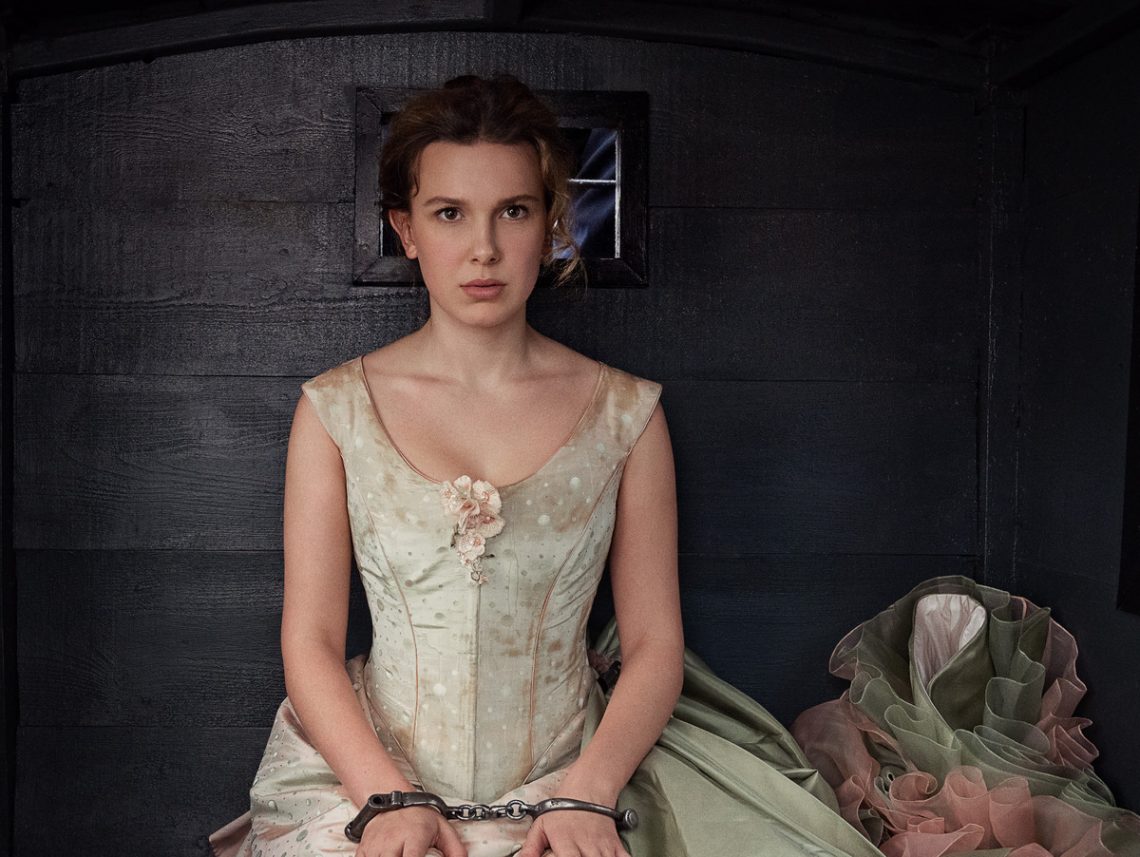Millie Bobby Brown is back in full mystery-solving swing as she reclaims her role as Sherlock Holmes’ little sister, Enola, in the forthcoming sequel, which is rather unimaginatively titled Enola Holmes 2.
The follow-up comes with the following intriguing synopsis: “Fresh off the triumph of solving her first case, Enola Holmes (Millie Bobby Brown) follows in the footsteps of her famous brother, Sherlock (Henry Cavill), and opens her own agency – only to find that life as a female detective-for-hire isn’t as easy as it seems.”
Adding: “Resigned to accepting the cold realities of adulthood, she is about to close shop when a penniless matchstick girl offers Enola her first official job: to find her missing sister. But this case proves to be far more puzzling than expected, as Enola is thrown into a dangerous new world – from London’s sinister factories and colourful music halls, to the highest echelons of society and 221B Baker Street itself.”
With mystery afoot, Enola is plunged into a fiction rooted in fact, as the synopsis concludes: “As the sparks of a deadly conspiracy ignite, Enola must call upon the help of friends – and Sherlock himself – to unravel her mystery. The game, it seems, has found its feet again.”
This case is grounded in the Matchgirls’ Strike of 1888, whereby over a thousand women and girls went on strike cruel practices of the Bryant & May match factory. Forced to work 14-hour days for a measly wage in abhorrent conditions.
This revolt was headed by Chapman, a 19-year-old who was, in fact, high up in the business but decided to address the inequality of which she was a benefactor. In Enola Holmes 2, it is this act of kindness that results in Chapman going missing.
While this is a fictitious twist, there is no doubt that the Matchgirls did encounter pressures and threats when they hit the picket line. In an era where corporate austerity is hitting the headlines, the film’s look at the power of unions certainly provides a political edge.
